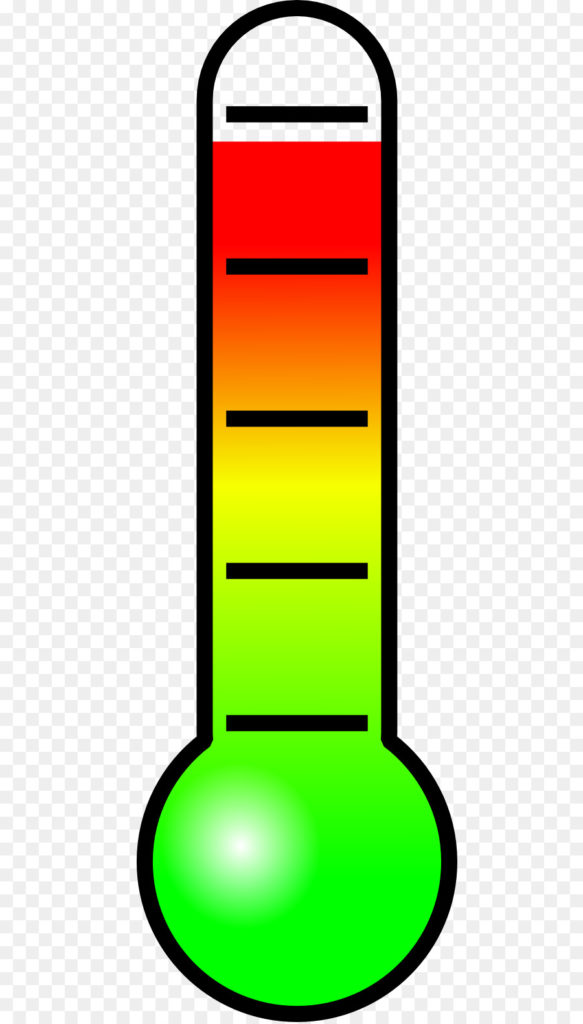
As I’ve mentioned before I don’t do heat. Most individuals experiencing MS don’t do heat. In 1890 a German Ophthalmologist named Wilhelm Uhthoff describe this phenomena and for over 100 years the heat has been observed impacting MS patients. Now it is referred to as Uhthoff Syndrome, “The temporary worsening of neurological function in response to heat exposure affects the physical and cognitive function of multiple sclerosis patients and interfere with their activities of daily life and functional capacity.”1
For several years I found myself crying at random moments. My crying, a behavior, was usually associated with a decrease of hope and an increase of anxiety that my physical condition was deteriorating. At the time, I just so happened to work in an office where the temperature of the room was visible. I was surprised to notice a pattern. Every time I was engaging in the behavior of crying or feeling like I was going to engage in that behavior the temperature of the room was above 72 degrees fahrenheit. Then instead of using my crying to trigger me into anxiety I used it as a red flag to look at my pattern and this is what I found by working backwards.
When it is over 72 degrees my physical movement decreases. When my movement decreases my oxygen intake also decreases. This is followed by my thinking or cognitive functioning decreasing and my emotional response increasing. At that point I start crying.
Now that I am aware of the pattern I can use this knowledge. When I cry I use it, the behavior, as a red flag. My red flag says. “Hold on…Stop…Are you engaging in a pattern?” The first thing I do is look at the temperature. If that temperature is over 72 degrees, and 98 times out of a 100 it is, I know I have to cool down not jump into a panic that I’m getting worse. I know exactly what is going on. I am hot. And when I am hot I’m going to end up crying. So the best thing I can do is interrupt this cycle.
Knowledge truly is power and if you can identify patterns in your life you get to be in charge of how you respond to life’s variables rather than reacting to them in a way you would not typically choose. This increases our ability to exercise choice in our individual lives and relationships even when the circumstances we are facing are not of our choice.
When there is an undesirable behavior that may cause fear, panic or disruption of your normal routine instead of giving it power use it as a red flag to identify a pattern that you might be engaging in.
- Panginikkod S, Rukmangadachar LA. Uhthoff Phenomenon. [Updated 2019 Apr 23]. In: StatPearls [Internet]. Treasure Island (FL): StatPearls Publishing; 2019 Jan-. Available from: https://www.ncbi.nlm.nih.gov/books/NBK470244/

Love this. Conscious choices rather than knee-jerk or pure physiological responses, and emotional intelligence rather than being ‘pushed around’ by emotions. Easier said than done maybe, but recognizing external influences, and choosing to establish internal direction to master our reactions is great advice!
And ends up saving a lot of time!